Maryland is among 22 other states that do not have a governmental agency that establishes optician training, certification, or licensing requirements. These states usually allow optical employers to decide what their expectations for opticians will be. Because there are many different types of optical employers, there can be a wide variety of skills that opticians acquire in unregulated states. Opticians who work for large optical employers may not receive the kind of comprehensive training that is expected in smaller offices.
Optical employers in unregulated states will generally have an experienced optician train new opticians to perform tasks that they deem important. This may mean that an optician fails to acquire the kind of comprehensive understanding of the industry that they may need if they choose to switch jobs. This is most common in large optical businesses that focus primarily on retail sales and that only allow opticians to perform minor frame adjustments. For this reason, it is often highly recommended that opticians voluntarily complete the certification exams offered by the American Board of Opticianry (ABO) and the National Contact Lens Examiners (NCLE). These exams are nationally recognized as the standard for optician competence assessment. Some employers may encourage their opticians to become certified and may even pay the associated exam fees.
In addition to demonstrating a comprehensive understanding of the opticianry field, certification carries a few other desirable benefits. First, opticians who have been certified can generally expect to be paid more. Customers typically prefer to work with opticians who they know are competent and this, in turn, leads to greater customer loyalty. Optical employers also know that certified opticians require less training and support. This results in lower costs associated with the optician hiring process and can improve financial performance for the business.
 Another important benefit associated with optician certification is the ability to transfer credentials between regulated and unregulated states. Many states recognize the ABO and NCLE exams as the standard for optician competence assessment and are willing to allow opticians, who have completed the certification process, to easily obtain licensing through reciprocity. This can be extremely important for opticians who end up moving at some point in their career.
Another important benefit associated with optician certification is the ability to transfer credentials between regulated and unregulated states. Many states recognize the ABO and NCLE exams as the standard for optician competence assessment and are willing to allow opticians, who have completed the certification process, to easily obtain licensing through reciprocity. This can be extremely important for opticians who end up moving at some point in their career.

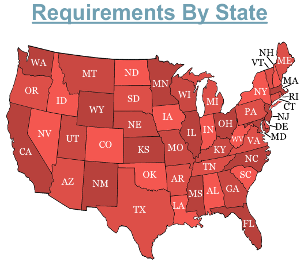

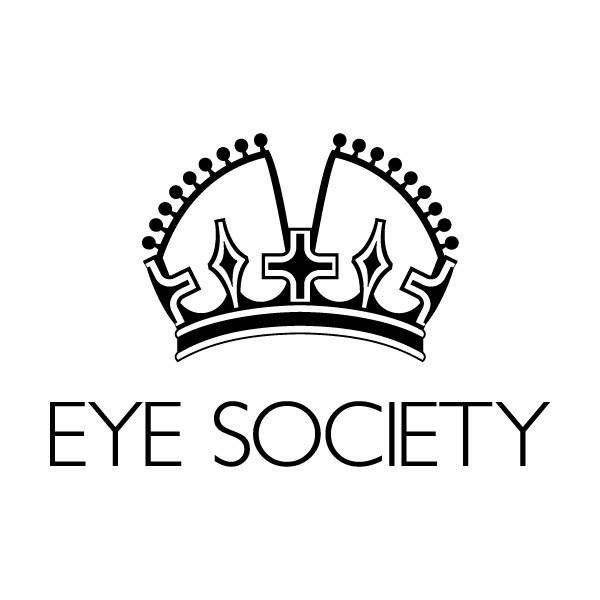

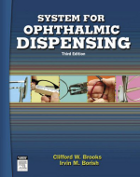
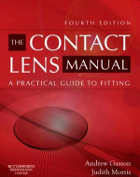
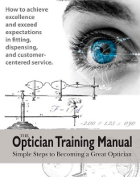

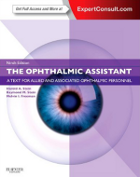
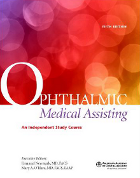
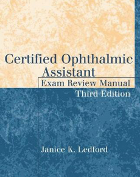
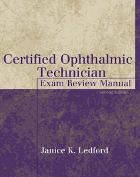
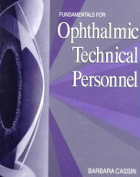
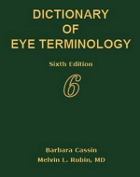
My friend is a licensed optician in korea can he work in maryland?
I just passed my ABO and was denied any pay increase. I’m an optical lab manager and work for a big company that is nationwide. Is this normal for a non licensed state?
I am interested in optician training and certification and would like to know what it takes to become certified. Thanks!
Peter,
There are some schools in the US that offer optician training, but many people acquire the knowledge and skills they need through a hands-on apprenticeship. The most recognized national certification option is offered by the American Board of Opticianry (ABO). You can learn more about the certification process on our certification page.